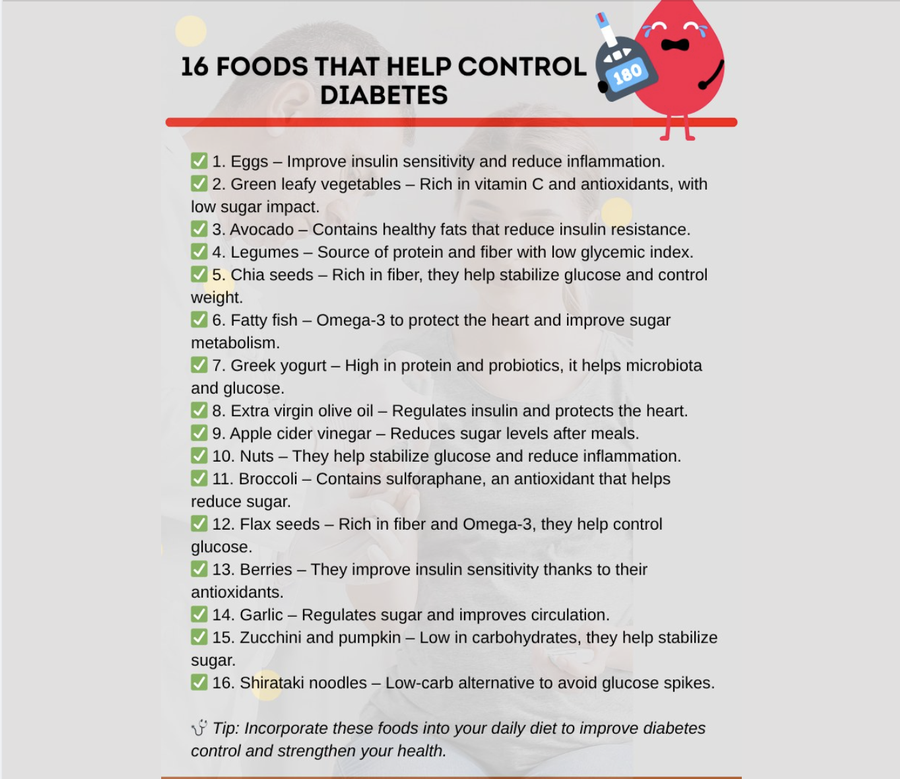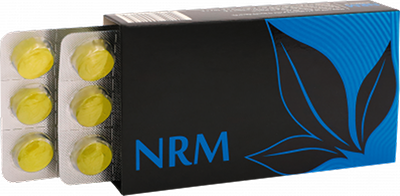Living with Type 2 Diabetes requires a comprehensive strategy that integrates lifestyle choices with ongoing medical supervision. By focusing on diet, exercise, and consistent doctor's care, individuals can effectively manage their condition, improve their quality of life, and reduce the risk of complications.
What you eat plays a pivotal role in managing blood glucose levels. A well-planned diet can help stabilize sugar, manage weight, and improve overall health.
Key Principles of a Diabetes-Friendly Diet:
- Balanced Meals: Aim for a balance of complex carbohydrates, lean proteins, and healthy fats at each meal.
- Portion Control: Be mindful of serving sizes to prevent spikes in blood sugar. Using smaller plates can help.
- Complex Carbohydrates: Prioritize whole grains (oats, brown rice, whole-wheat bread), legumes, and starchy vegetables. These have a lower glycemic index and provide sustained energy.
- Fiber-Rich Foods: Increase intake of fruits, vegetables, and whole grains. Fiber helps regulate blood sugar, promotes satiety, and aids digestion.
- Lean Proteins: Include sources like chicken breast, fish, beans, lentils, and tofu. Protein helps you feel full and has minimal impact on blood sugar.
- Healthy Fats: Choose monounsaturated and polyunsaturated fats found in avocados, nuts, seeds, and olive oil. Limit saturated and trans fats.
- Limit Added Sugars and Refined Carbs: Avoid sugary drinks, candy, pastries, and highly processed foods, as they can cause rapid blood sugar spikes.
- Hydration: Drink plenty of water throughout the day.

Regular Physical Activity
Exercise is a powerful tool for managing Type 2 Diabetes. It helps lower blood glucose, improves insulin sensitivity, supports weight management, and boosts cardiovascular health.

Recommended Exercise Guidelines:
- Aerobic Exercise: Aim for at least 150 minutes of moderate-intensity aerobic activity per week (e.g., brisk walking, swimming, cycling, dancing). Spread this out over most days of the week.
- Strength Training: Incorporate muscle-strengthening activities at least two to three times per week. This can include lifting weights, using resistance bands, or bodyweight exercises. Increased muscle mass helps improve glucose uptake.
- Flexibility and Balance: Activities like yoga or Tai Chi can improve flexibility, balance, and reduce stress.
- Consistency is Key: Regular physical activity is more beneficial than sporadic intense workouts.
- Consult Your Doctor: Always discuss your exercise plan with your healthcare provider, especially if you have existing complications or are starting a new routine.
Consistent Doctor's Care
Ongoing medical supervision is fundamental to effectively managing Type 2 Diabetes. Your healthcare team provides essential guidance, monitoring, and adjustments to your treatment plan.
Components of Medical Care:
- Regular Check-ups: Schedule routine appointments to monitor blood sugar, blood pressure, cholesterol, and kidney function.
- Medication Adherence: If prescribed, take insulin or oral medications exactly as directed by your doctor. Do not adjust dosages without medical advice.
- Blood Glucose Monitoring: Regularly check your blood sugar levels as advised by your doctor to understand how food, exercise, and medication affect you.
- HbA1c Tests: These blood tests provide an average of your blood sugar levels over the past 2-3 months and are crucial for assessing long-term control.
- Screenings for Complications: Regular eye exams (for retinopathy), foot exams (for neuropathy and poor circulation), and kidney function tests are vital to detect and manage potential complications early.
- Vaccinations: Stay up-to-date on recommended vaccinations, including flu and pneumonia shots, as diabetes can increase susceptibility to infections.
- Collaborate with Your Team: Work closely with your doctor, endocrinologist, registered dietitian, and other specialists to create an individualized management plan.
- Stress Management: Discuss strategies for managing stress, as it can impact blood sugar levels.
Embracing a Proactive Lifestyle
Managing Type 2 Diabetes is a lifelong journey that requires commitment and a proactive approach. By consistently integrating a healthy diet, regular exercise, and diligent medical care, you can take control of your health, prevent complications, and live a full, active life. Remember that every individual's journey is unique, and working closely with your healthcare team is paramount to finding the most effective strategies for you.
ADVERTISEMENT

Achieve Metabolic Harmony with NRM by APLGO!
Transform your well-being with NRM, the delicious apple-flavored lozenge from APLGO. Designed to support overall vitality and health, NRM uniquely focuses on improving metabolic balance, helping maintain normal blood sugar levels and a healthy insulin response. Each Acumullit SA® lozenge delivers essential nutrients like Balsam Pear, Siberian Ginseng, Garcinia Cambogia, and Fenugreek directly, enhancing your energy levels and supporting normal metabolic processes. Experience the power of precision nutrition for a healthier, more balanced you.
